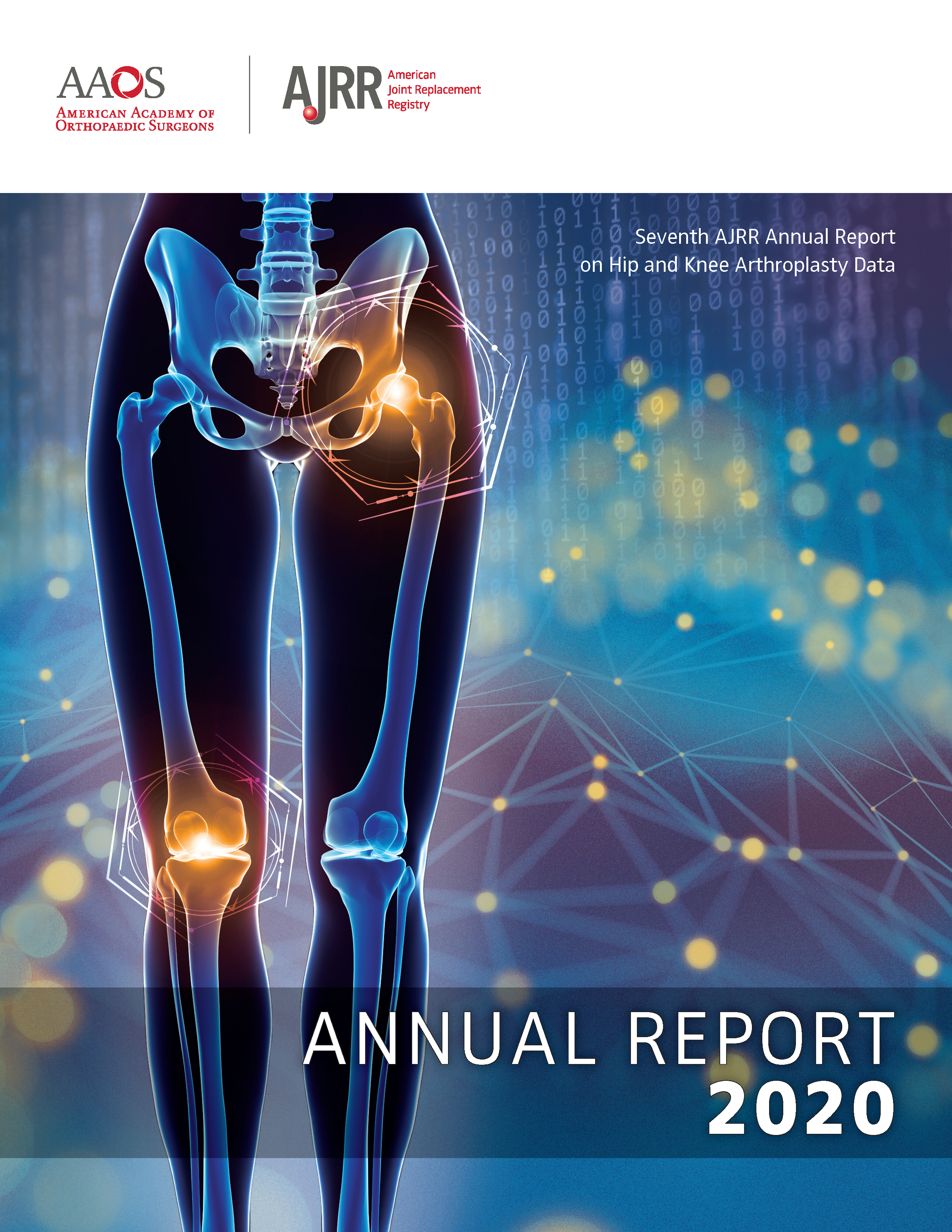AAOS Now, December 2020
-
Research Productivity Varies Based on Gender and Academic Rank
-

Osteoporosis Is Not Just a ‘Woman’s Disease’
-

AJRR Annual Report Details a Year of Highlights
-

Study Uses PROMs Data from AJRR to Predict TJA Outcomes
-
AAOS Releases Position Statement on Innovation and Novel Technologies in Orthopaedic Surgery
-
AAOS Releases Position Statement on the Use of Emerging Biologic Therapies
-
AJRR Data Reveal Migration Patterns for Revision TKA
-

Understand the Strengths, Weaknesses, and Utility of Large Database Orthopaedic Research
-

Limited Musculoskeletal Health Literacy Remains a Challenge
-

AAOS Makes Progress on U.S. DoD Research Grant
-
Another Study Using AJRR Data Observes the Most Common Surgical Treatments for Femoral Neck Fracture